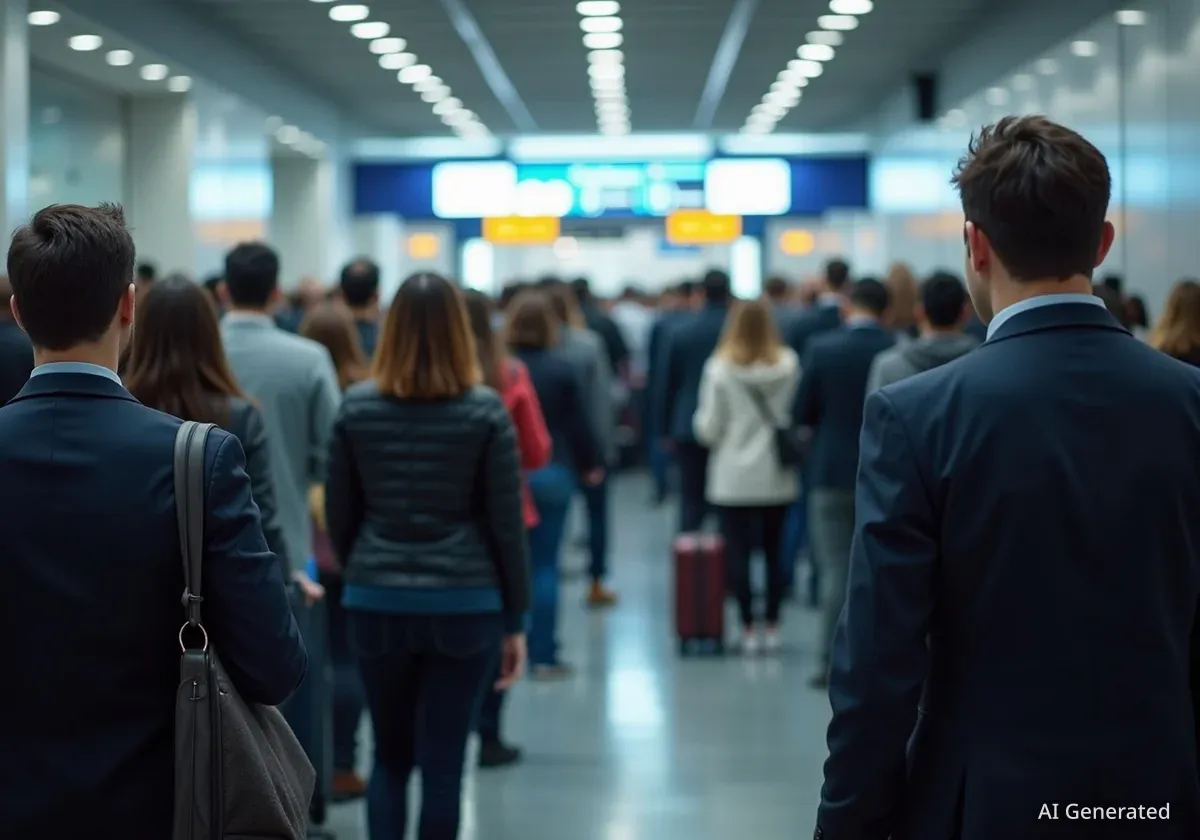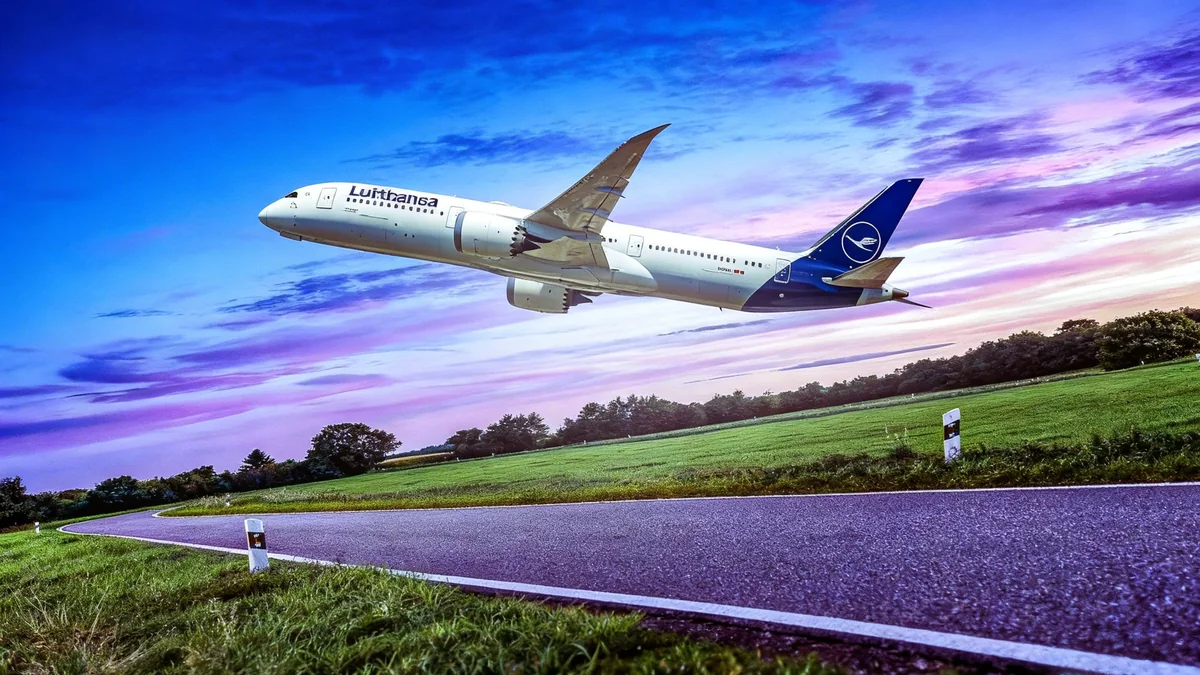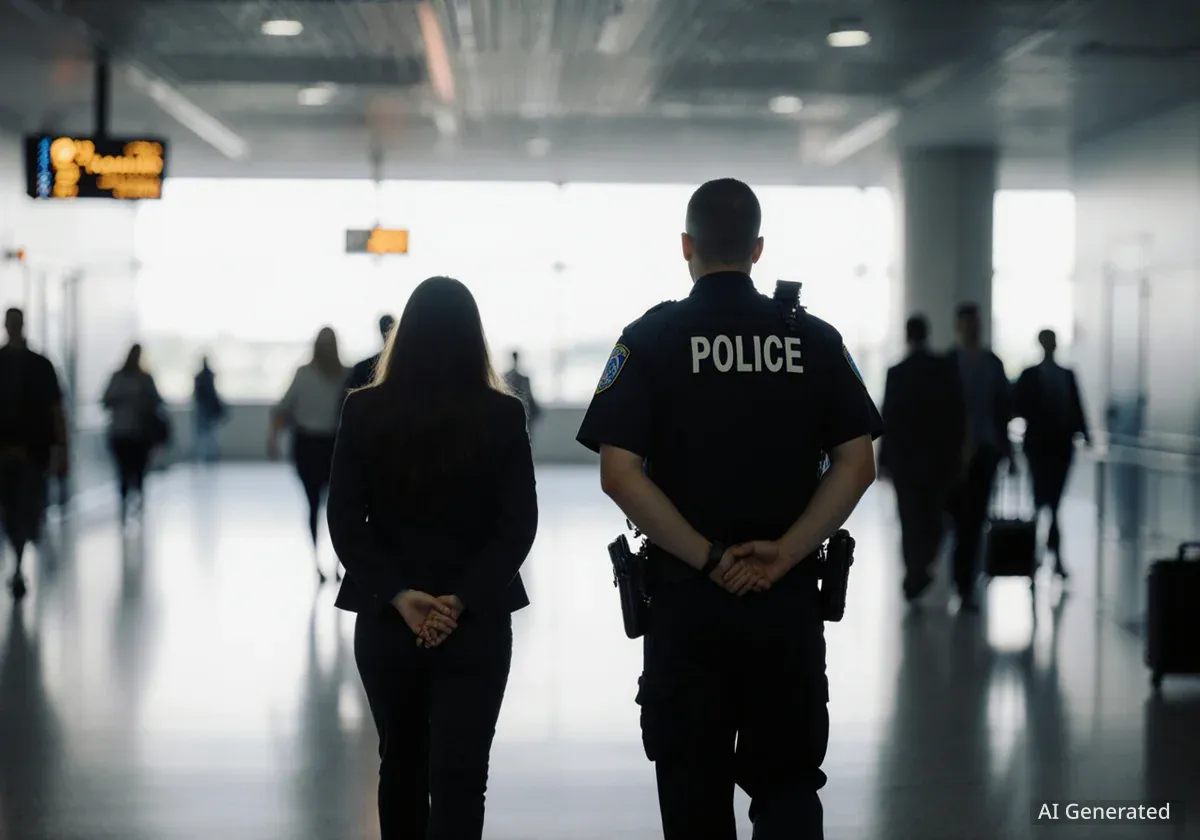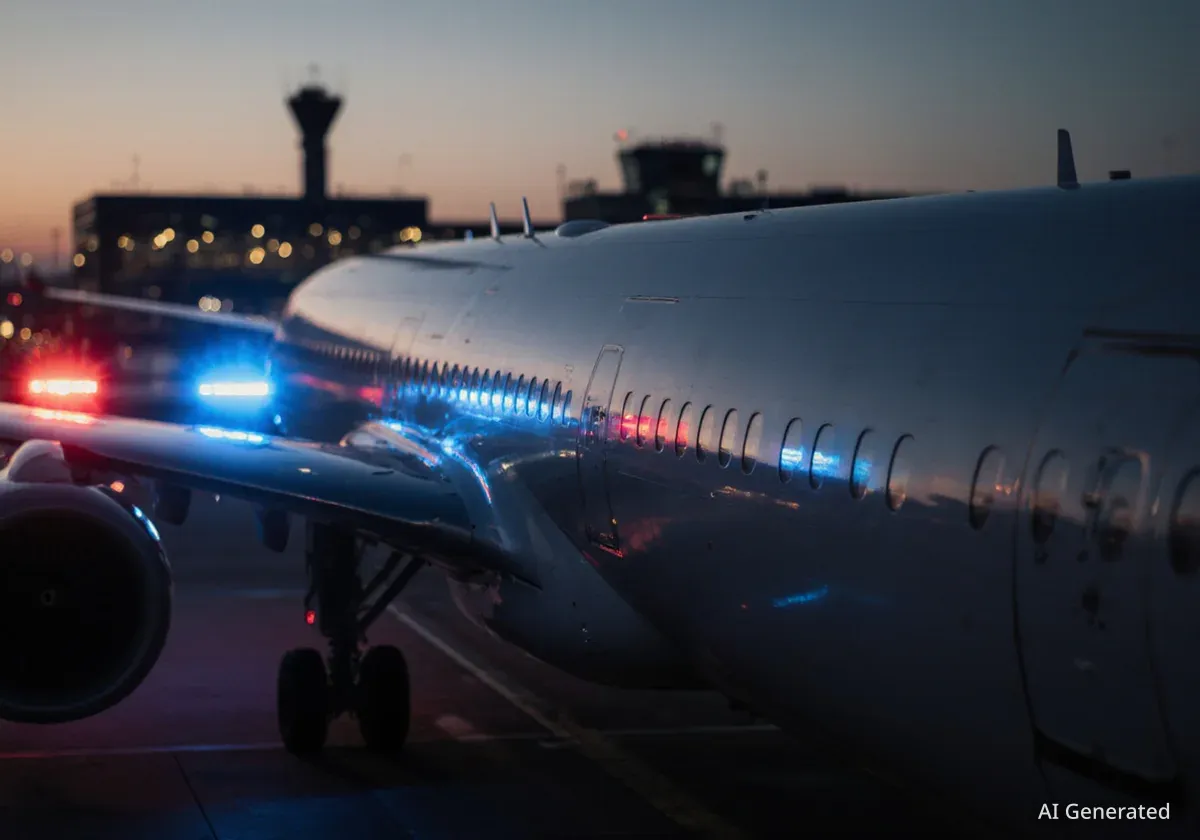Delta Air Lines has temporarily suspended its exclusive Delta One security screening lanes at New York’s John F. Kennedy International Airport (JFK) and Los Angeles International Airport (LAX). This change forces premium international travelers into standard security lines. The disruption stems from the ongoing U.S. government shutdown, which is stretching Transportation Security Administration (TSA) resources thin.
Passengers who typically enjoy a faster, more private screening experience now face longer waits. The move impacts travelers flying in Delta’s top-tier cabin, designed for international departures.
Key Takeaways
- Delta One security lanes are closed at JFK and LAX.
- The U.S. government shutdown is causing TSA staffing shortages.
- Premium Delta passengers now use regular security checkpoints.
- Other major airlines, like American and United, maintain similar services.
- Air traffic control also faces staffing challenges, leading to flight delays.
Government Shutdown Impacts Airport Operations
The federal government shutdown continues to affect various sectors, including air travel. The TSA, responsible for airport security, operates with reduced staffing. Many essential federal employees, including TSA agents and air traffic controllers, are working without pay.
This financial strain leads to increased absenteeism and fatigue among staff. Airports across the country are feeling the effects, with some experiencing occasional delays due to limited personnel.
Delta Air Lines confirmed the suspension of its dedicated Delta One lanes. These lanes usually offer business-class passengers a streamlined security process. The airline acknowledges the inconvenience for its high-paying customers.
Fact Check
- A Delta One ticket from JFK to Paris-Charles de Gaulle Airport (CDG) can cost over $4,000.
- The shutdown has entered its fifth week, intensifying pressure on airport systems.
- More than 23,000 U.S. flights have faced delays since the shutdown began.
Delta's Efforts Amidst Disruptions
Delta is working with TSA to manage the situation. The airline aims to minimize disruptions while ensuring safety and efficiency. A Delta spokesperson stated the airline is “working with TSA partners in these locations to have customers screened through other checkpoints.”
The airline has a long-standing partnership with the TSA. Normally, trained Delta staff assist at premium checkpoints to help expedite screening. However, the current federal staffing shortages limit the agency’s ability to operate these exclusive lanes.
To support affected federal employees, Delta has organized meal distributions for TSA and other transportation workers. These individuals are currently working without pay, highlighting the broader impact of the shutdown.
“The Delta One experience is meant to make travel feel effortless from the moment you arrive,” states Delta’s website. This promise is temporarily unraveled as premium customers now join standard queues.
How Other Airlines Are Faring
While Delta faces these challenges, other major U.S. carriers appear to be managing better. American Airlines (AA) and United Airlines (UA) report that their concierge and priority security services remain active.
United Airlines’ Premier Access lanes, available at over 60 airports globally, continue to operate normally. This includes major hubs such as Los Angeles (LAX) and Chicago O’Hare (ORD).
Background Information
Dedicated security lanes, like Delta One and United Premier Access, are a perk for premium cabin passengers. They offer a quicker, more comfortable start to the travel experience, justifying the higher ticket prices for business and first-class travel.
Wider Impact on Air Travel and Security
The TSA has issued warnings about “occasional delays” at certain airports. These delays are directly linked to the limited staffing. While most operations continue, fewer employees are showing up for work as financial pressures grow.
Air traffic control facilities also feel the strain. The Federal Aviation Administration (FAA) has implemented traffic-slowing measures at several airports. This is a direct response to staffing shortages among air traffic controllers.
On one recent Saturday, the nation saw 22 “staffing triggers.” These instances occur when the number of controllers falls below optimal levels. Such situations lead to delayed or reduced air traffic flow.
Financial Strain on Essential Workers
Transportation Secretary Sean Duffy noted that many air traffic controllers “live paycheck to paycheck.” For these workers, the shutdown means their first missed full paycheck. This financial hardship forces many to seek temporary jobs, such as driving for ride-share services or making deliveries.
Industry experts, including Gary Leff, emphasize that TSA operations are essential. They cannot simply pause. When employees are unpaid, the agency struggles to maintain full capacity. This leads to increased fatigue and absenteeism among those who continue to work.
The current situation echoes past events. On January 25, 2019, widespread sick calls from controllers at New York TRACON (N90) and Washington Center (ZDC) caused nationwide flight disruptions. This incident eventually pushed Congress to end a 35-day shutdown.
Experts warn that a similar outcome could occur if staffing shortages persist. The aviation sector faces growing pressure. While American Airlines and United Airlines have not yet suspended their premium security access, continued staffing issues could broaden the operational impact across the entire industry.
Travelers should monitor airline updates and airport advisories closely. The situation remains fluid as the government shutdown continues.





